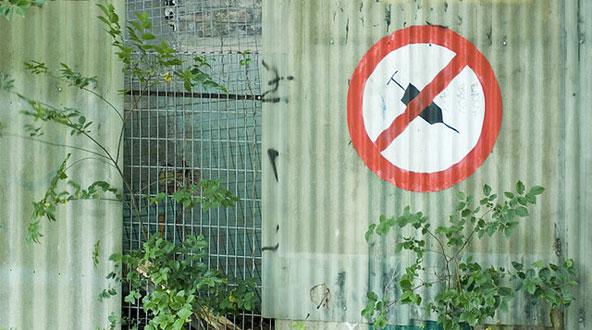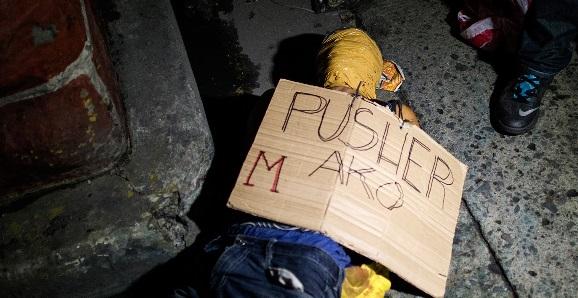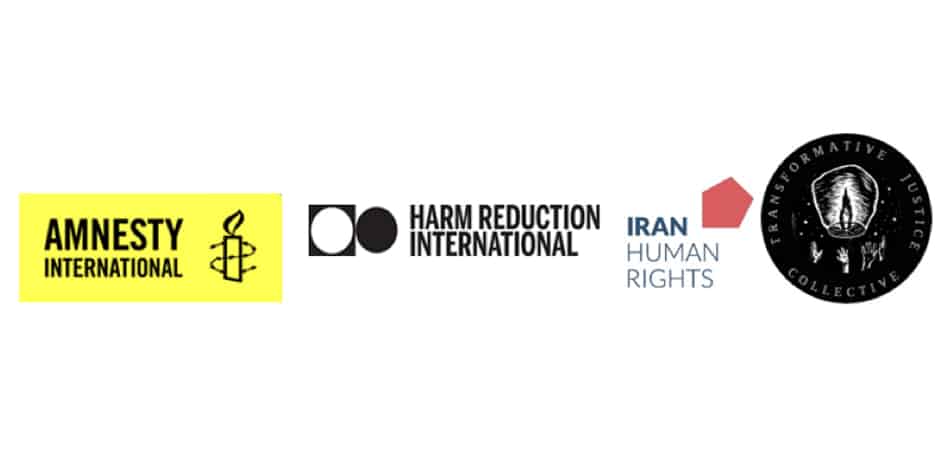
The shared responsibility of capital punishment
International standards
States are often reminded of their ‘shared responsibility’ to combat transnational issues like drug trafficking and terrorism.
What tends to get short shrift in this discourse is a state’s responsibility with respect to international standards on penalties. After all, if the international community is expected to work together to frustrate transnational crime – what assurances are there that the resulting punishments will reflect agreed standards, such as those enshrined in human rights treaties?
There is arguably no sanction that raises more debate internationally than the death penalty.
The majority of the world’s countries have abolished the death penalty in law or practice. Yet a minority continue to carry out executions and an extreme fringe of this group executes people for drug offences.
Though 32 countries or territories (Taiwan and the Hamas-administration in Gaza) prescribe the death penalty for drugs in law, the reality is that very few of these countries actually carry out executions.
Harm Reduction International estimates that executions for drugs only occurred in about 12 to 14 countries in the past five years and many of these countries (Thailand, Indonesia and Pakistan) did so extremely rarely.
Conundrum
However, some States with capital drug laws are known producer countries or transhipment points for illegal drugs – making them focal points for international counter-narcotics cooperation.
But how can countries – like Sweden, the Philippines, Colombia, South Africa, Italy, Niue, Mozambique, Bhutan, Nepal and 130 others – accept their ‘shared responsibility’ to fight drugs if doing so could lead to executions, possibly of their own citizens?
This is not an abstract conundrum.
The Philippines, for example, which abolished the death penalty in 2006, is described as an active and committed partner in the fight against drugs. But as of February there were 78 Filipinos on death row in China, most for drugs.
Australia is also known to work closely with a number of governments, including many in Southeast Asia, on counter-narcotics projects only to then scramble to rescue its own citizens from the firing squad or the noose (sometimes unsuccessfully).
What makes all this even more infuriating is that there is ample guidance on the limits of legitimate sanctions in international law.
Drug offences are not “most serious crimes”
For example, Article 6(2) of the International Covenant on Civil and Political Rights (ICCPR) clearly limits the legitimate application of the death penalty to what are termed ‘most serious crimes’ – which according to the body empowered with overseeing the implementation of the treaty, excludes drug offences.
A similar limitation was included in a resolution of the Economic and Social Council of the United Nations, which was later endorsed by the General Assembly.
Moreover, there is a customary international law prohibition against cruel inhuman or degrading treatment or punishment. There is a developing view that capital punishment in any form and for any crime violates this prohibition.
The vast majority of the world’s States are parties to treaties to reduce supply of and demand for controlled drugs. But States must ensure that these efforts are balanced with human rights obligations. And it is an imbalanced undertaking (to say the least) to agree on a ‘shared responsibility’ on crime without some commitment to shared standards on punishment.
At the very least, the many foreigners currently suffering death sentences and executions that violate international law prove that the abolition of the death penalty is also a ‘shared responsibility’.
Click here to read Harm Reduction International’s 2011 Death Penalty Report







